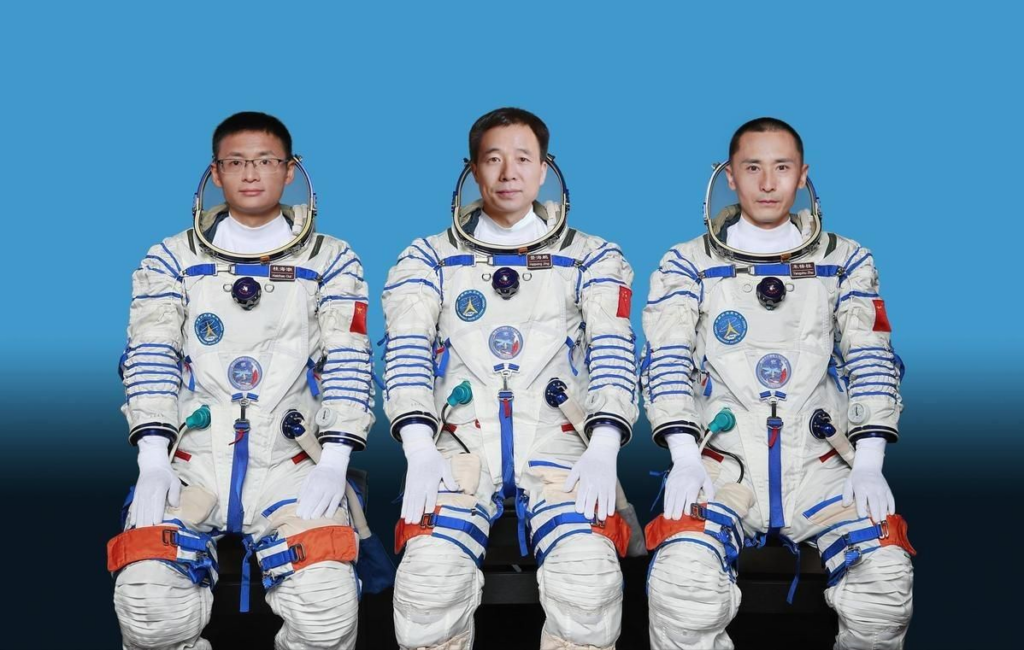China will send its first civilian astronaut into space on Tuesday as part of a crewed mission to the Tiangong space station, its Manned Space Agency announced, as Beijing pursues its extraterrestrial goals.
After years of lagging behind the United States and Russia, the second-largest economy in the world has poured billions of dollars into its military-run space program in an effort to catch up.
Up until this point, all Chinese astronauts have been members of the People’s Liberation Army.
“Payload expert Gui Haichao is a professor at Beijing University of Aeronautics and Astronautics,” China Manned Space Agency Spokesman Lin Xiqiang told reporters on Monday.

Lin stated that Gui would be “primarily responsible for the on-orbit operation of space science experimental payloads.”
To catch up with the US and Russia, the world’s second-largest economy has committed billions in its military-run space program.
According to state media, the commander is Jing Haipeng, who is on his fourth space mission, and the third crew member is engineer Zhu Yanghu.
The launch is scheduled for Tuesday at 9:31 a.m. (0131 GMT) from the Jiuquan Satellite Launch Centre in northwest China, according to the Manned Space Agency.
According to Gui’s university, known in English as Beihang University, he came from a “ordinary family” in western Yunnan province.
In 2003, he “felt the attraction of aerospace for the first time” while listening to campus radio about Yang Liwei, China’s first man in space, the university said in a social media post.
Space Dream
Under the leadership of President Xi Jinping, plans for China’s “space dream” have been accelerated.
China intends to construct a lunar base, and its National Space Administration plans to launch a crewed lunar mission by 2029.
Last year, the final module of the T-shaped Tiangong — whose name means “heavenly palace” — successfully docked with the primary structure.
The station carries a variety of cutting-edge scientific instruments, including “the world’s first space-based cold atomic clock system”, according to Xinhua.
Additionally Read | Indian Space Policy: ISRO will prioritize R&D
Tiangong is expected to remain in low Earth orbit between 400 and 450 kilometers (250 and 280 miles) above the planet for at least ten years, realizing a goal to maintain a permanent human presence in space.
Constantly staffed by teams of three astronauts, who will conduct scientific experiments and assist with the testing of new technologies.
China does not intend to use Tiangong for international cooperation on the magnitude of the International Space Station, but Beijing has stated that it is open to international collaboration.
It is currently unclear how extensive this partnership will be.
Since 2011, when the United States barred NASA from collaborating with China, China has been effectively exiled from the International Space Station.
